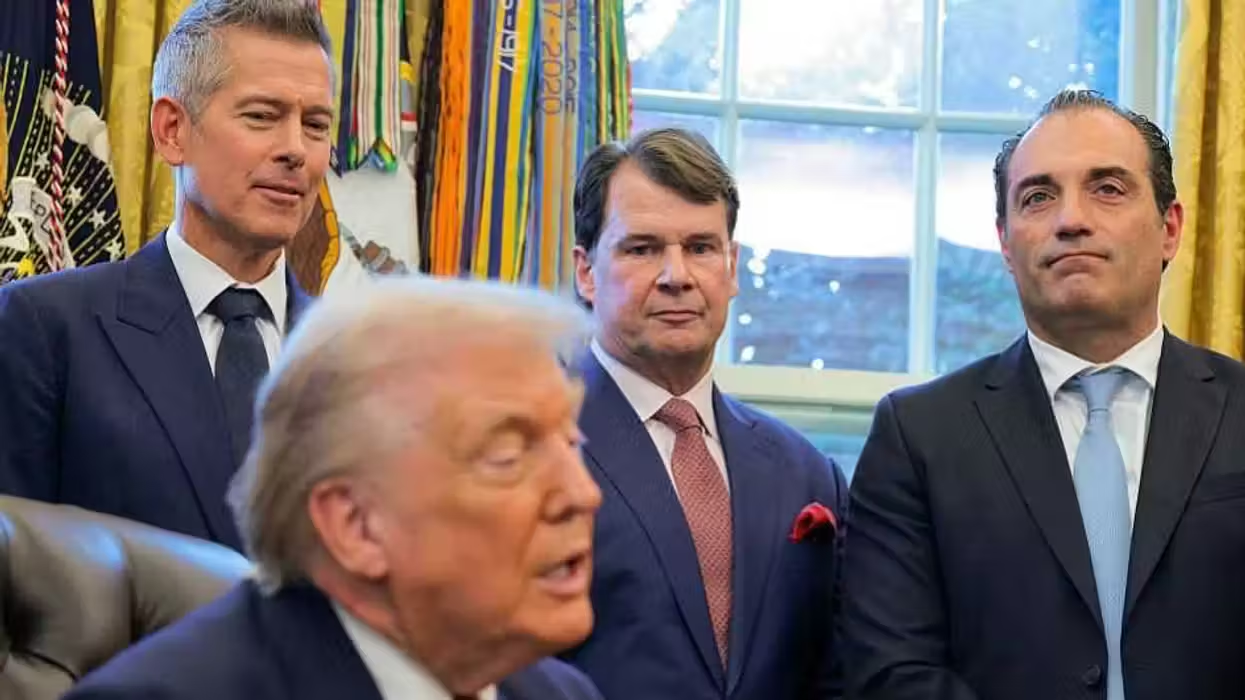IRS Commissioner John Koskinen warned Wednesday that holding his agency's budget flat for the next several years could make IRS tax enforcement so weak that it threatens Americans' voluntary tax compliance, on which the government relies heavily for most of its funding.
"My concern is at some point, the voluntary tax compliance system begins to erode," Koskinen said at the Brookings Institution Wednesday. "And as I've said, that's not an on-off switch."
 Internal Revenue Service Commissioner John Koskinen said Wednesday that without more funding for the IRS, Americans' voluntary compliance with the tax code could begin to erode. Joe Raedle/Getty Images
Internal Revenue Service Commissioner John Koskinen said Wednesday that without more funding for the IRS, Americans' voluntary compliance with the tax code could begin to erode. Joe Raedle/Getty Images
"You can't one day and say, 'wow, I didn't know that was going to happen, here's some more money,' " he said.
An erosion of voluntary compliance could be a big blow to federal revenues. Koskinen noted that the IRS generates about $50 to $60 billion each year through its own direct enforcement action, but that's a tiny amount next to the roughly $3 trillion in total revenues the government took in last year.
Koskinen said that for now, he's seen no erosion of voluntary compliance. He noted that with a healthy economy, revenues surged to a record high, but he admitted that's not necessarily any sign of people's attitudes about voluntarily complying with the tax code.
He said the IRS would issue an updated report next year about the state of voluntary compliance with the tax code.
IRS funding has dropped over the last few years, largely because of how Congress has reacted to several sandals. Those include the targeting of conservative groups and wasting hundreds of thousands of dollars on lavish conferences.
The IRS hasn't helped itself much on these scandals. Former IRS official Lois Lerner has refused to testify on the targeting scandal, and the Obama administration has decided that Lerner won't be punished for that. In addition, the IRS has recently hinted it wants to undo some of the reforms that Congress has imposed in the wake of these scandals.
Still, Koskinen has argued for more than a year that these cuts are putting government funding at risk. He said the cuts have led to thousands of job reductions at the IRS, and that these reductions have hurt the agency's ability to enforce the tax laws. A drop in enforcement that prompts some people to decide there's less of a risk if they don't pay their taxes would be dangerous, he said.
"People need to understand the five year implications and ramification of where we're headed," he said. "As I've said in other contexts, I don't anybody saying we didn't warn you. So you should treat this as your warning that this is a real problem and it's a serious problem."

 Internal Revenue Service Commissioner John Koskinen said Wednesday that without more funding for the IRS, Americans' voluntary compliance with the tax code could begin to erode. Joe Raedle/Getty Images
Internal Revenue Service Commissioner John Koskinen said Wednesday that without more funding for the IRS, Americans' voluntary compliance with the tax code could begin to erode. Joe Raedle/Getty Images






